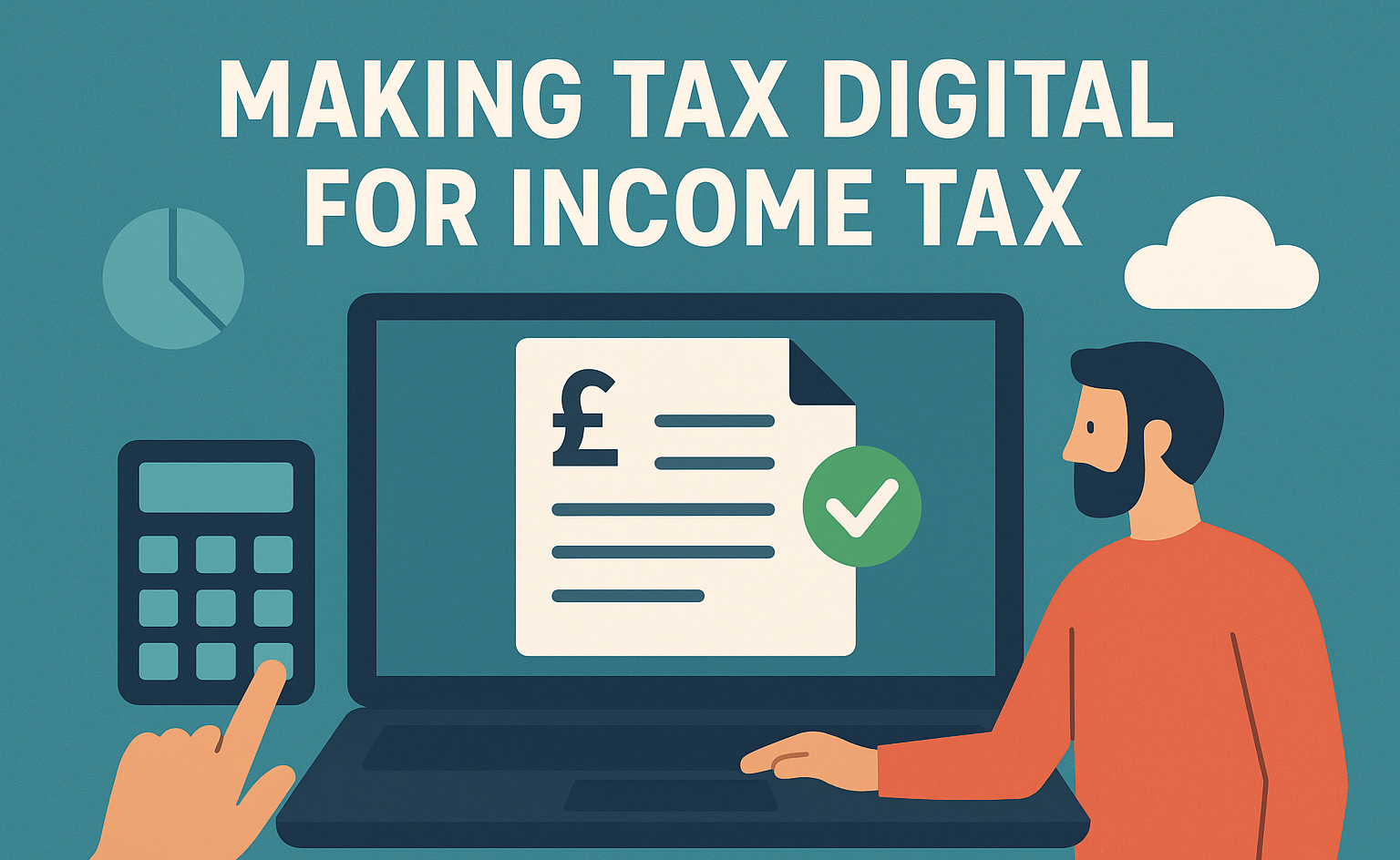August Insights
August Insights
1. Proposed changes to Inheritance Tax
As announced at Autumn Budget 2024, the government has published draft legislation to reform Agricultural Property Relief (APR) and Business Property Relief (BPR) from 6 April 2026.
In addition to existing nil-rate bands and exemptions, APR and BPR will continue, but a cap will be introduced that will restrict the 100% relief to the first £1 million of combined agricultural and business property. The rate of relief will be 50% thereafter.
Relief will also be reduced to 50% (with no £1m allowance) for quoted shares designated as “not listed” on the markets of recognised stock exchanges, such as AIM. The changes will take effect from April 2026.
In inevitable disappointment to business owners and farming communities, no significant changes have been made to these plans since the Autumn Budget 2024 announcement.
The government has, however, announced that it will not proceed with the proposed extension of the related property rules for qualifying property settled into multiple trusts.
It has also been announced that:
- the option to pay IHT by equal annual instalments over 10 years interest-free will be extended to all property which is eligible for agricultural property relief or business property relief.
- the £1 million allowance for agricultural property relief and business property relief will be indexed in line with CPI, but will remain fixed up to and including tax year 2029/30 in line with maintaining the IHT nil rate bands at current thresholds.
2. Maximise the profits in your business
When it comes to growing a business, many people focus on increasing sales. But sales alone don’t pay the bills - profit does. If you want your business to thrive, it’s important to look beyond the top line and focus on what’s actually left at the end of the day.
Why profit matters more than sales
High sales figures might look impressive, but if your costs are just as high (or higher), your business may be working hard for very little reward. Profit is the real measure of success - it’s what gives you the freedom to reinvest, grow, or simply take home a decent return for your hard work.
Understand your gross profit
Gross profit is what’s left after you subtract the direct costs of producing your goods or delivering your services. These are things like materials, stock, or labour that’s linked directly to a sale.
Keeping an eye on gross profit helps you understand how efficient your core business activity really is. To improve it, you might:
- Review pricing - are your products or services priced correctly for the value you offer?
- Reduce costs - can you source materials more efficiently or cut waste?
- Focus on higher-margin products - do some lines bring in more profit than others?
Why cutting prices can backfire
It’s tempting to drop prices to bring in more sales, especially when things are quiet. But a lower price means a lower profit per sale - and you may end up working twice as hard for half the reward. Unless your costs drop too, chasing sales this way can shrink your margins and leave you worse off.
Know your numbers
One of the simplest ways to improve profit is to understand exactly what money is coming in - and where it’s going out. Many small businesses are surprised when they look closely at their figures. Regular financial reporting, even at a basic level, gives you the insight to spot leaks, adjust quickly, and make confident decisions.
A clearer path to profit
Profit isn’t just about cutting costs - it’s about understanding your business and making small changes that add up over time.
3. Free Employment Rights Bill Webinar
With the Employment Rights Bill nearing the final stages before it becomes law, businesses need to be ready for what may be involved.
ACAS are providing a recorded webinar free of charge, that covers:
- Important dates for parts of the Bill becoming law.
- What the proposed law changes are and how they will affect employers
4. Pension Reforms: What Can You Do to Prepare?
The Government's new Pension Schemes Bill, currently before Parliament, introduces wide-reaching reforms aimed at improving outcomes for pension savers. These changes will not only affect how pensions are administered but also impact scheme selection, cost management, and employee engagement over the long term.
Here are two of the measures that could particularly affect small employers.
1. Automatic Consolidation of Small Pension Pots
Small pension pots under £1,000, often created when employees change jobs, will now be automatically consolidated into large, authorised schemes that have been certified as delivering good value.
This change will reduce the administrative work involved in holding and reporting on multiple inactive pots. This could have an indirect benefit to employers too.
2. Schemes Will Need to Prove They Are Value for Money
Pension schemes will need to meet new regulatory standards to prove they offer long-term value, not just low charges. This will help protect savers from getting stuck in underperforming schemes. The intention is to help employees get the best possible retirement outcomes.
As an employer, you will need to make sure the default pension scheme you use is meeting these standards. Failing to do so will run the risk of being required to switch schemes.
In addition, a poorly performing scheme could affect the value of the benefits package you offer and might lead to losing existing or potential employees.
What Can You Do to Prepare?
- It may be worth speaking to your pension adviser so that they can provide you with specific advice on the pension scheme you use and its value.
- As the value-for-money requirements become clear, review your pension provider to ensure they’re on course to meet the requirements.
- Employees may have questions about how the changes may affect their pension, so be ready to communicate with them early and provide support where needed.
- These changes may create an opportunity to re-evaluate how your workplace pension supports retention and financial security for your workforce.
5. New Law Aims to Make Online Marketplaces Safer for Business Buyers
If your business sources products from online marketplaces - whether for resale, internal use or part of a service - you may soon benefit from tighter product safety rules.
The newly passed Product Regulation and Metrology Act gives regulators more power to crack down on unsafe goods sold online. It’s part of the Government’s Plan for Change and aims to hold online platforms like Amazon, eBay and others to the same safety standards as high street retailers.
The move follows rising concerns over dangerous products. As an example, there’s been an increase in safety incidents involving e-bikes and e-scooters, many of which involve unsafe lithium-ion batteries.
Online marketplaces will soon be expected to:
- Prevent unsafe products from being listed
- Ensure sellers meet product safety obligations
- Provide clearer information to buyers
- Cooperate with regulators
If you’re buying for your business, this should mean that you can be more confident about the safety of items you buy online. It may be worth making sure that any online marketplaces or suppliers you use are complying with the new rules as they come into effect.

Edited by - Peter Burns - Senior Client Manager at England & Company










